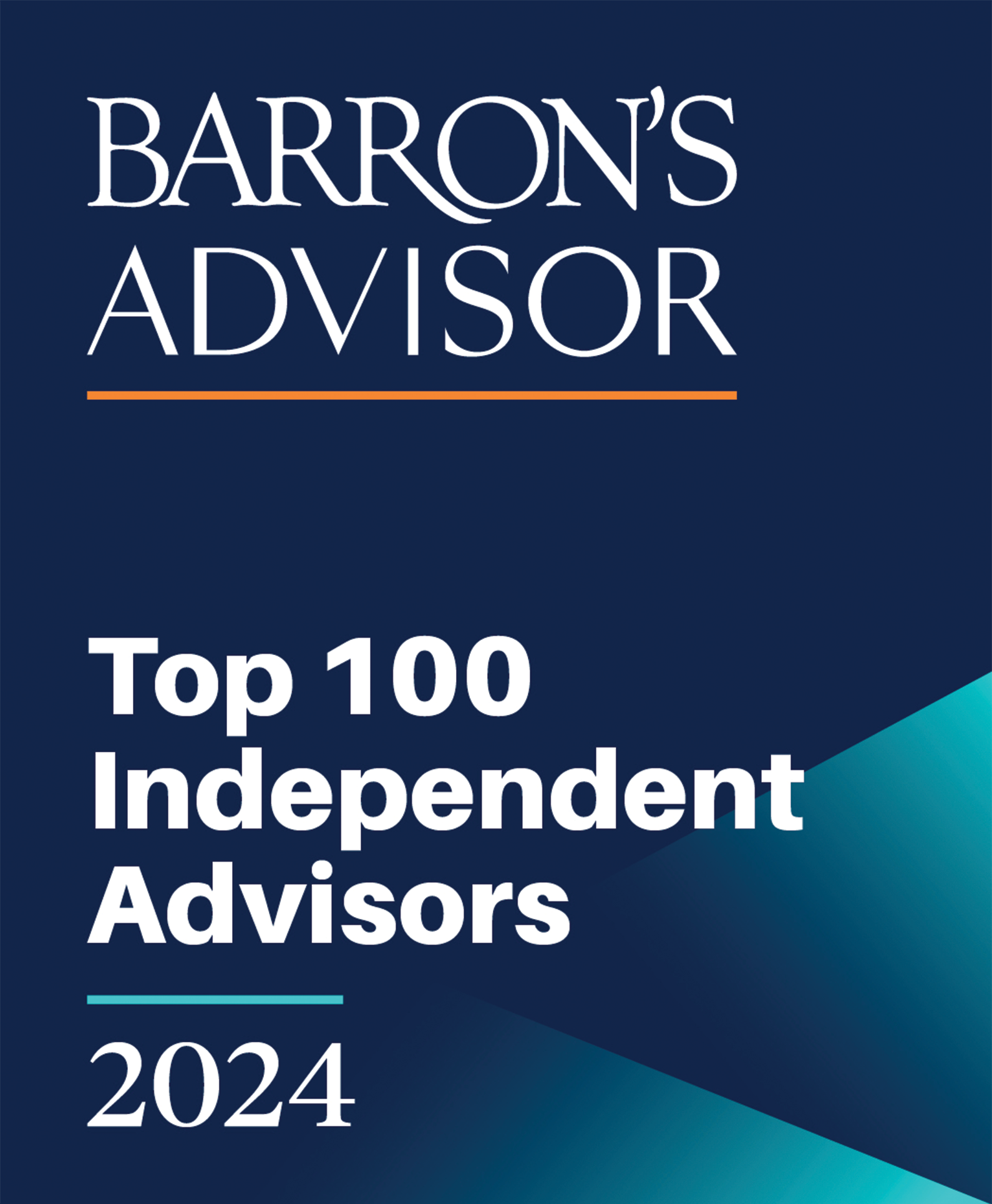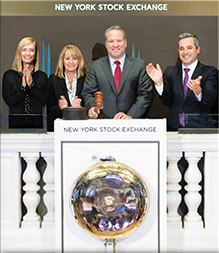(excerpt)
From the time they learn the basics of investing as university students, professional portfolio managers are taught that some sectors, such as technology and industrials, are risky and cyclical, rising and falling in lockstep with macro factors. Other sectors, like consumer staples and utilities, are less tied to the prevailing economy, and enjoy relatively predictable ongoing demand. These latter sectors tend to perform best in times of greatest uncertainty.
Health-care stocks are traditionally grouped in this second category as non-cyclical, since consumers essentially need to go to the doctor and/or require hospital care regardless of the overall economy. Strategists would most likely allocate toward health-care stocks when market averages are doing poorly, as a “safe haven,” but would likely underweight the sector in favor of cyclical issues if macro growth were trending higher.
This traditional viewpoint on the safety of the health-care sector was tested by the passage of the Affordable Care Act (ACA). The politically controversial changes to the U.S. health-care system led to initial skepticism and uncertainty, and the market’s first reaction was to stay away. In the 12 months following the ACA being signed into law on March 23, 2010, health-care stocks, as measured by the Health Care Select SPDR were 0.2% lower, compared to a 11.1% rise in the S&P 500 index.
However, once those initial clouds of uncertainty lifted, health-care stocks have enjoyed a sustained multi-year rally, with XLV returning 129.4% compared to a 60.4% increase in the S&P 500 index from March 23, 2010 to May 31, 2015. In fact, health-care stocks have beaten the index for the past four straight calendar years and have continued to do so soundly in the first five months of 2015. …
…Skeptics will point to the stretched valuations and heavy trading and volatility in the biotech sector as a sign that investor enthusiasm for the biotechs will be tested by an upcoming correction. We think that while downturns and corrective phases will inevitably happen, they are unlikely to be long lasting in duration, so long as the longer-term fundamentals remain intact.
The wild card for health-care investors in 2015 has been the wave of merger and acquisition activity, most notably within the HMOs. News that Humana was seeking to be acquired sent its shares 20.3% higher in late May, while in mid June, Anthem made public its bid to acquire Cigna sending CI shares 11.7% higher. Deals are likely to be consummated in the HMO industry as a few large players pursue economies of scale and competitive positioning as the best strategic alternatives. …
If you would like a copy of the complete article, please send an email request to This email address is being protected from spambots. You need JavaScript enabled to view it., or call toll-free 1-866-444-6246. If sending an email request, please include the following: title, date of article, and your mailing address.







